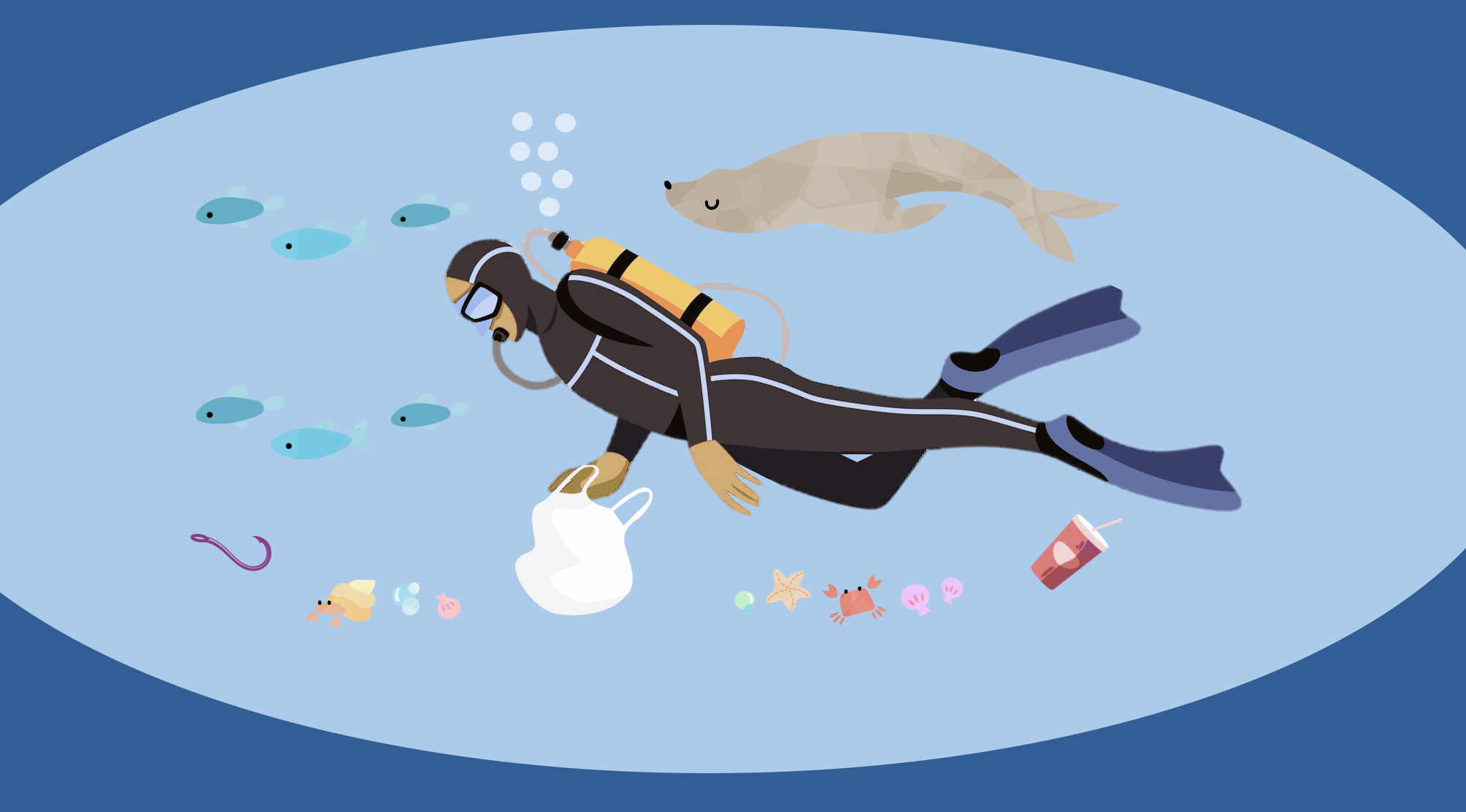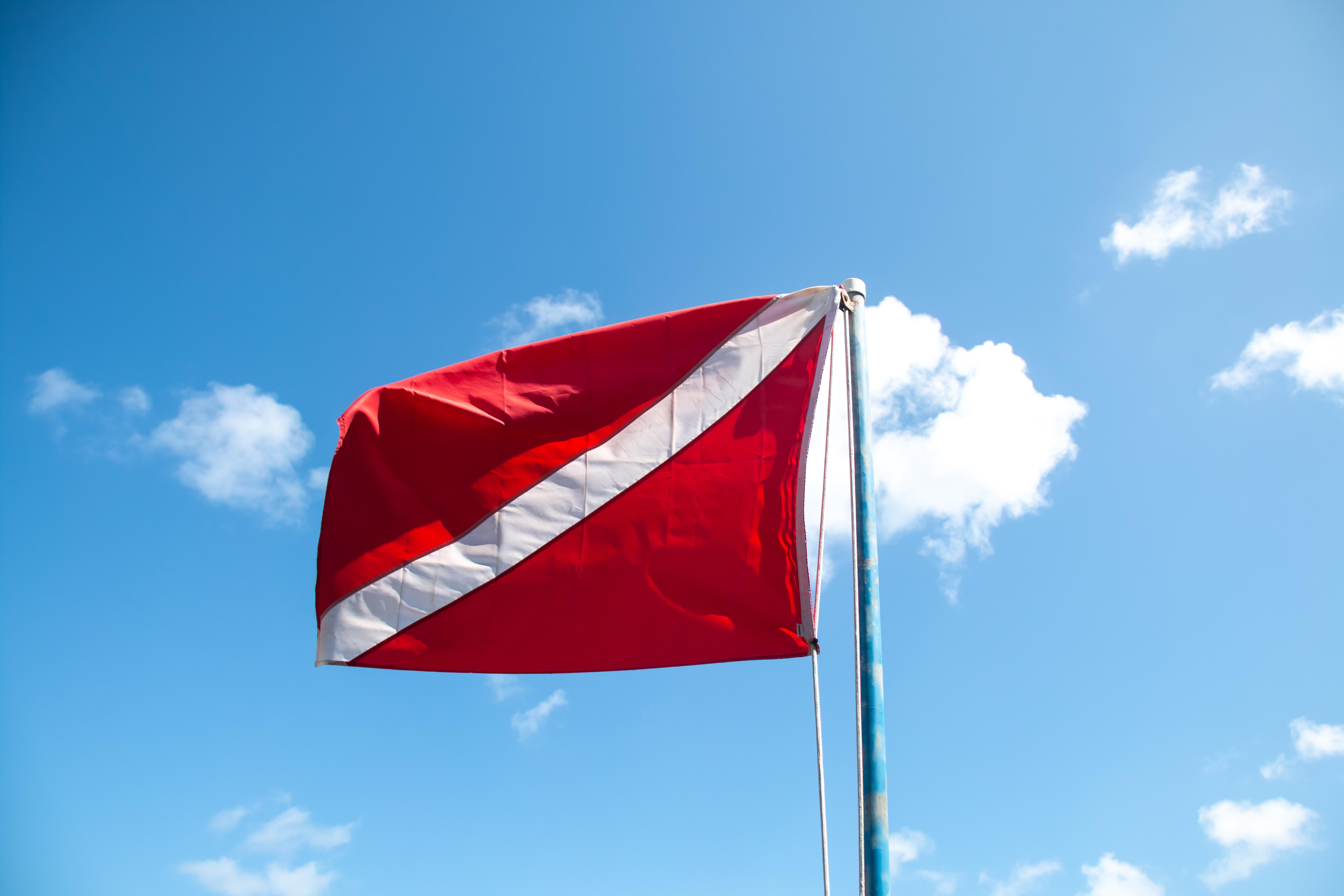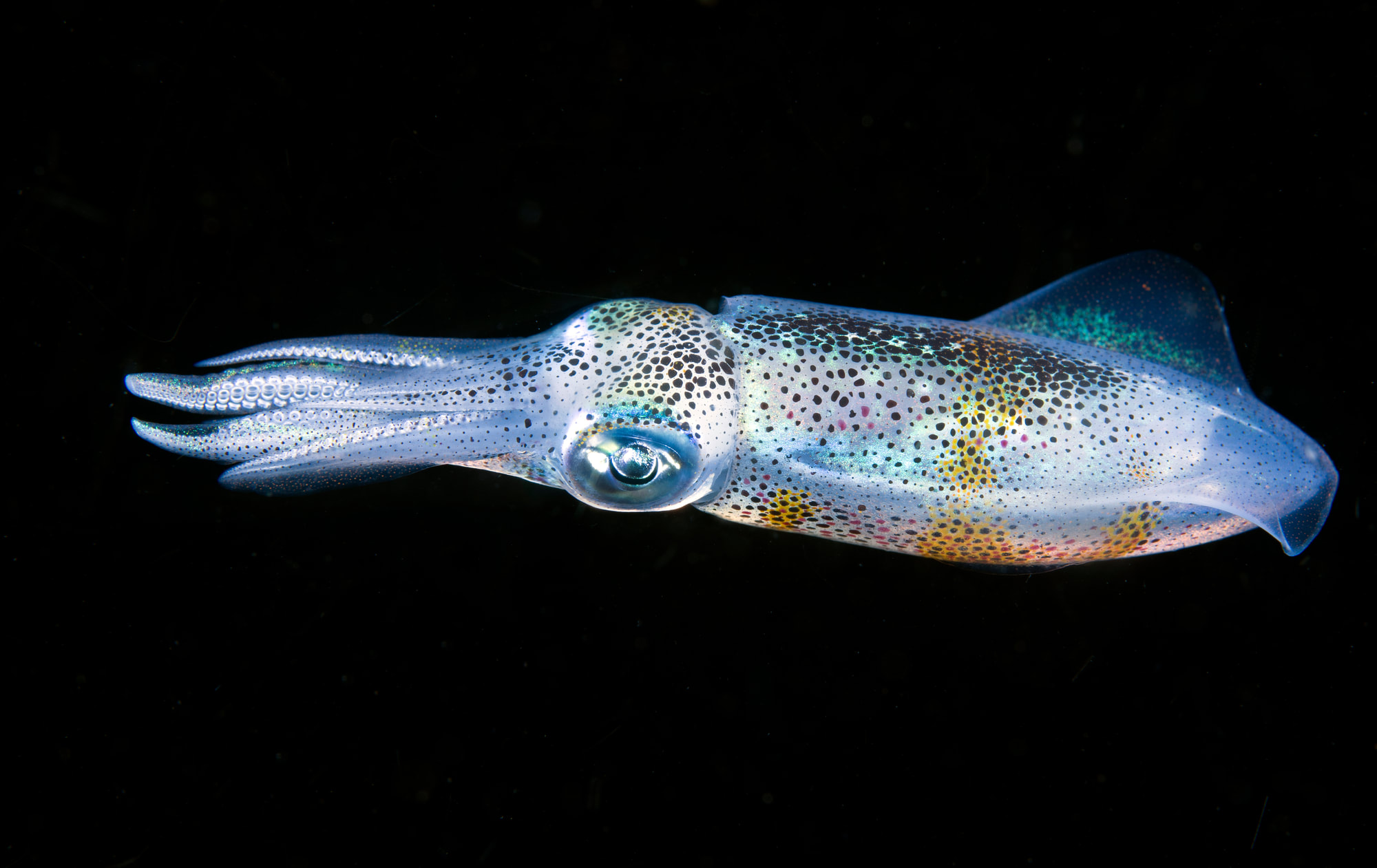Environmental Conservation Diver
Environmental conservation divers work to protect, preserve, and restore aquatic ecosystems. Their responsibilities involve underwater surveys, habitat restoration, and community outreach to raise awareness about marine conservation.

Here are some common types of jobs environmental conservation divers undertake:
Reef Restoration
-
Reef Monitoring: Documenting the health of coral reefs, including bleaching events, disease, and biodiversity levels.
-
Habitat Restoration: Removing debris and invasive species from coral reef ecosystems to promote recovery.
-
Coral Planting: Reattaching coral fragments or planting new coral colonies in damaged reefs.
Marine Debris Removal
-
Underwater Cleanups: Collecting trash, fishing gear, and plastics from the seabed to reduce marine pollution.
-
Ghost Net Recovery: Locating and removing abandoned fishing nets that entangle marine life.
-
Microplastic Sampling: Gathering samples to study the impact of microplastics on marine ecosystems.
Wildlife Monitoring and Protection
-
Marine Species Surveys: Tracking populations of fish, lobsters, turtles, or marine mammals to assess health and behavior.
-
Tagging and Tracking: Assisting researchers in tagging animals for migration and behavioral studies.
-
Threatened Species Protection: Monitoring and safeguarding the habitats of endangered species like sea turtles or dugongs.
Water Quality Monitoring
-
Sampling and Testing: Collecting water samples for chemical analysis, including pH, salinity, and pollution levels.
-
Algae Bloom Studies: Investigating harmful algae blooms and their effects on marine ecosystems.
-
Nutrient Runoff Research: Assessing the impact of agricultural or urban runoff on aquatic environments.
Habitat Surveys and Restoration
-
Seagrass Bed Surveys: Mapping and monitoring seagrass meadows to protect critical fish nurseries and carbon storage areas.
-
Mangrove Restoration: Assisting with replanting mangroves, which stabilize coastlines and provide habitat for marine life.
-
Artificial Reef Construction: Installing man-made structures to create new habitats for marine species.
Invasive Species Management
-
Invasive Species Removal: Identifying and removing invasive plants or animals, such as green crab or algae, to protect native ecosystems.
-
Biodiversity Monitoring: Assessing the impact of invasive species on local marine life.
Climate Change Research
-
Ocean Temperature Studies: Collecting data on water temperatures to track climate change impacts.
-
Acidification Monitoring: Measuring changes in ocean acidity and its effects on marine ecosystems.
-
Sea-Level Rise Assessments: Documenting the impact of rising sea levels on coastal and underwater habitats.
Public Education and Outreach
-
Community Dive Programs: Organizing dives for volunteers to participate in conservation activities.
-
Marine Education: Teaching local communities and tourists about marine ecosystems and conservation efforts.
-
Eco-Tourism Guides: Leading eco-diving tours that highlight conservation work and promote sustainable practices.
Partnerships with NGOs and Governments
-
Policy Support: Providing data and recommendations to guide environmental policy and marine protected areas (MPAs).
-
Enforcement Assistance: Supporting law enforcement to prevent illegal fishing, poaching, or coral harvesting in protected areas.
Scientific Diving
-
Data Collection: Gathering data for marine biology, oceanography, or environmental studies.
-
Underwater Mapping: Creating detailed maps of reefs, shipwrecks, or ecosystems for research and conservation.
-
Photo and Video Documentation: Capturing visual records of underwater conditions for research or advocacy.
Eco-Infrastructure Projects
-
Offshore Wind Farm Monitoring: Assessing the environmental impact of offshore wind turbines and related construction.
-
Aquaculture Monitoring: Ensuring sustainable practices in fish farms and their surrounding waters.
-
Oil Spill Mitigation: Assisting in cleanup efforts and evaluating the impact of oil spills on marine ecosystems.

Qualifications and Certifications
Environmental conservation divers typically need:
-
Diving Certification: Advanced or professional diving certifications such as Rescue Diver, Divemaster, or Scientific Diver.
-
Specialized Training: Skills in underwater surveying, species identification, or eco-diving.
-
Scientific Background: Knowledge in marine biology, environmental science, or oceanography is often required.
Environmental conservation diving combines a passion for diving with a commitment to preserving our planet's aquatic environments. These divers play a crucial role in ensuring healthy oceans and sustainable ecosystems for future generations.

